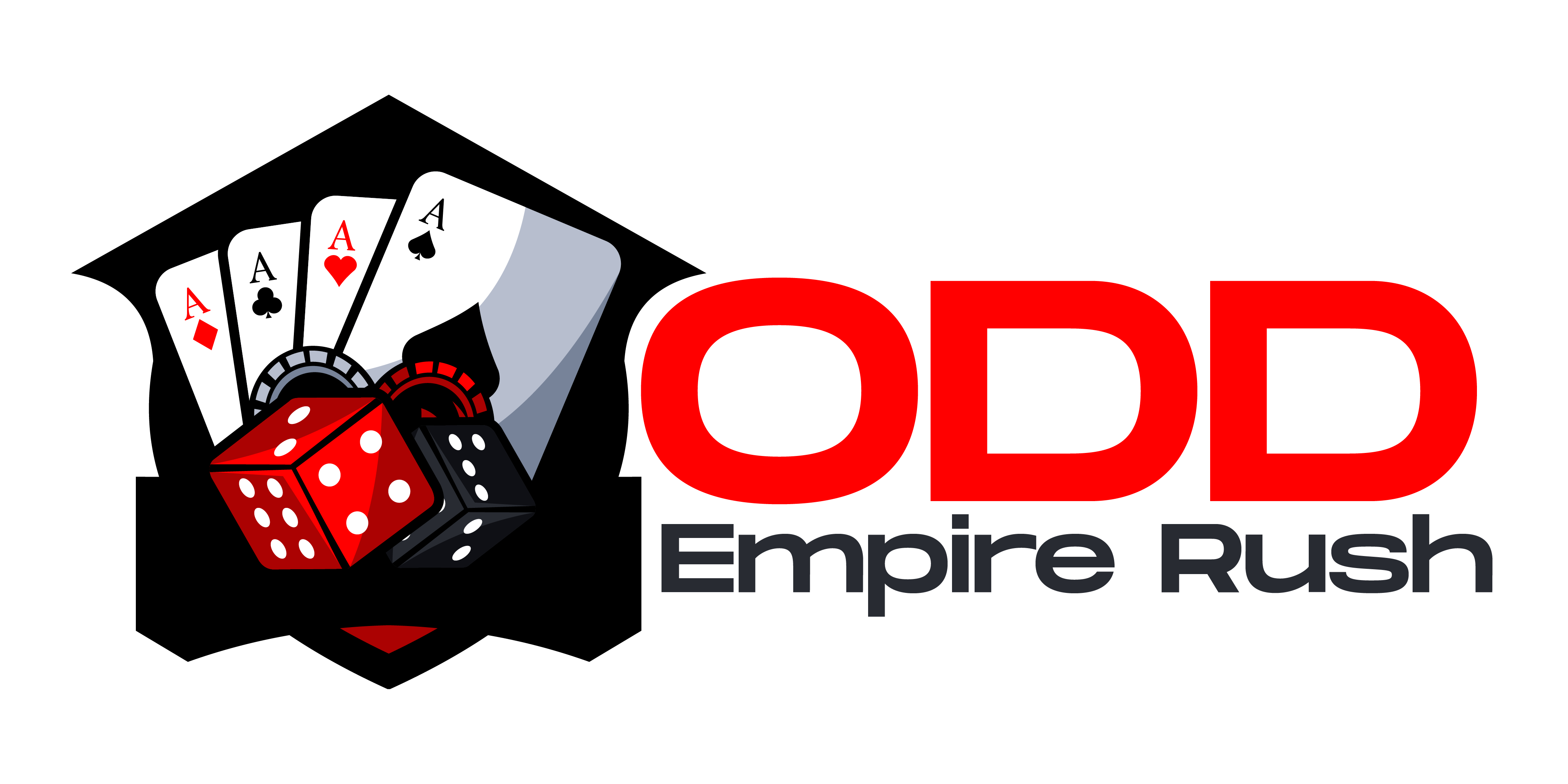Introduction: A Shifting Landscape
The global betting industry is undergoing a major evolution, driven by a wave of new and stricter regulations. These changes are reshaping how operators market their platforms, interact with customers, and manage internal operations. From regional legal reforms to broader international scrutiny, 2024 marks a turning point in how betting is governed worldwide.
What’s Changing Around the Globe
Governments and regulators are cracking down with more specific, and often more restrictive, betting rules. These reforms reflect shared concerns about consumer safety, financial transparency, and the ethical implications of a growing digital gambling space.
Key global regulatory shifts include:
- Advertising Restrictions: Tighter controls on marketing tactics, especially in relation to minors and vulnerable groups.
- Compliance Requirements: More robust ID verification methods and mandatory responsible gambling features.
- Taxation Changes: Adjustments to tax frameworks impacting overall profit margins for operators.
- Licensing Reforms: Stricter criteria for platform approval, pushing out unlicensed or underregulated entities.
Why the Crackdown Now?
There are several forces driving the current regulatory push:
- Consumer Protection: As online betting becomes more accessible, complaints about addiction and irresponsible promotion have mounted. Governments are placing user safety at the forefront of legislation.
- Rapid Tech Growth: Improved tech infrastructure has made betting easier and faster—creating larger, more active user bases. Regulation is trying to catch up with this digital acceleration.
- Revenue and Oversight: National and regional governments see betting as both a revenue source and a risk zone. Regulation helps standardize operations and tighten fiscal strategy through clear tax and compliance channels.
Striking a Delicate Balance
The challenge for lawmakers lies in maintaining a fair balance between two often opposing priorities:
- Encouraging Innovation and Competition: A healthy betting market thrives on creative, user-centered platforms. Overregulation could stifle growth.
- Ensuring Transparency and Safety: Without strong oversight, the risk of fraud, abuse, and addiction rises significantly.
Regulation, when done well, doesn’t just restrict—it refines. It shapes an environment where both companies and consumers can engage more responsibly.
Key Regulatory Changes in 2024
The rulebook for betting platforms is getting a serious rewrite in 2024. First on the list: advertising. Regulators are tightening the leash, especially when it comes to protecting minors and other vulnerable groups. Blanket promos, late-night TV ads, and influencer-driven deals are under scrutiny. If your platform’s marketing touches anyone underage or oversells risk-based rewards, it’s at risk of getting flagged—or fined.
Next: mandatory identity verification is no longer optional. Operators are expected to verify users faster, more accurately, and with added layers of responsible gambling checks. Think real-time activity tracking, limits, and proactive intervention systems. This isn’t just optics—it’s enforcement. Those that fall short can expect penalties or worse, license suspensions.
On the financial side, governments want a bigger slice of the pie. New tax structures—especially in emerging markets—mean slimmer margins and no room for sloppy accounting. The era of big profits with light oversight is coming to an end. Operators will need to budget compliance like a cost of doing business, not an afterthought.
Licensing is also getting a facelift. Some jurisdictions are raising capital and transparency requirements, while others are redefining who can even apply. The days of shell companies skirting regulation are fading fast. Local governments want clearer accountability—and that’s changing who gets to run the show.
Together, these changes aren’t minor tweaks. They’re a structural pivot. Betting platforms operating in 2024 need to be leaner, smarter, and fully above board—or risk getting shut out.
Impact on Betting Companies
The ripple effects of increased regulation are reshaping the betting industry from the inside out. Companies are facing mounting challenges as they navigate tighter rules, technological demands, and rising consumer expectations.
Rising Operational Costs Due to Compliance
As regulatory requirements expand, so do the internal resources needed to meet them. From legal reviews and staff training to updated software systems, these costs are piling up quickly.
- More frequent audits and reports now required by licensing bodies
- Cost of integrating responsible gambling tools across all platforms
- Legal and consulting fees rising to interpret new statutes
For large operators, this means budgeting for new departments or roles dedicated to compliance. For smaller companies, it can become a make-or-break expense.
Market Consolidation: The Exit of Smaller or Unlicensed Operators
The increased burden of compliance is pushing smaller or under-resourced platforms out of the market. Many are choosing to exit rather than adapt.
- Independent or regional operators losing licenses or choosing to close down
- Mergers and acquisitions accelerating to pool compliance resources
- Larger, global brands gaining more territory and control
As a result, the industry is leaning toward fewer, yet more compliant and capital-rich players.
Investing in Data Handling and Cybersecurity
Tighter data regulations are also making user protection a top priority. Operators can no longer rely on basic systems—they need robust, secure frameworks that meet both legal and user expectations.
- Implementation of GDPR-like standards across multiple jurisdictions
- Need for real-time fraud detection and encrypted storage
- Rising demand for transparent data management practices
Smart operators are going beyond compliance to win user trust. Investing in cybersecurity is not just a survival tactic—it’s now a core part of brand reputation.
Impact on Bettors
For everyday bettors, the experience is changing noticeably. First off, the flashy sign-up bonuses and relentless ad blasts are tapering off. New rules are forcing operators to scale back aggressive promotions—especially those targeting young or vulnerable users. That means fewer free bets, less marketing spam, and more clarity about what you’re actually signing up for.
Verification has also stepped up. Users are moving through smoother, faster KYC (Know Your Customer) processes, but with more rigor behind the scenes. Platforms are investing in tech that makes onboarding feel seamless while quietly ticking all the legal boxes. Less hassle for most users, more peace of mind for regulators.
Then there’s the push for education. Apps are starting to offer more than just betting lines—they’re introducing dashboards with betting history, spending trackers, and self-exclusion tools. It’s not just lip service either. These features are front-and-center now, designed to help users stay sharp, informed, and in control.
The message is clear: if you’re going to place bets, do it with your eyes open. The industry’s shifting to make that the default.
Innovation in Response to Regulation
Stiffer rules aren’t killing innovation in the betting world—they’re redirecting it. At the core of that pivot: blockchain. Decentralized betting platforms are gaining traction fast. They provide transparency by design, with smart contracts handling wins and payouts, and no single operator calling the shots. For users, this means fewer questions about fairness. For regulators, it’s a bit trickier—but the demand is growing.
Meanwhile, AI is quietly becoming the compliance muscle behind the scenes. Advanced models scan betting activity in real time for fraud patterns, identity mismatches, and signs of problem behavior. AI keeps platforms within legal lanes without the bloat of massive compliance teams. It’s fast, scalable, and 24/7, which matters more as regulations tighten.
But it’s not just about ticking legal boxes. Platforms are now competing harder on user experience. Odds matter, sure—but smooth UI, fast withdrawals, gamified stat tracking, and personalized limits are becoming the difference-makers. The smartest operators know that in 2024, surviving regulation isn’t enough. Winning means building trust through both tech and experience.
Case Studies: What’s Actually Changing
The regulatory screws are turning globally, but the effects differ sharply by region. In the UK, fresh Gambling Commission rules have put strict limits on celebrity endorsements, influencer promotions, and content targeting under-25s. Some sportsbook operators have responded by pivoting to more educational, value-first content—think tutorials instead of flash bonuses.
Over in the U.S., the patchwork approach continues. States like New Jersey and Pennsylvania double down on advertiser accountability, while newer markets like Ohio and Massachusetts are taking more cautious, tight-laned approaches to licensing and media spend. California remains a regulatory question mark, but a potential sleeping giant if things align politically.
Across the EU, regulators in Germany and the Netherlands are cracking down on bonuses, tightening advertising time slots, and making it mandatory to offer robust responsible gambling tools. As a result, customer acquisition is pricier. Operators who leaned on aggressive offers are being forced to rethink lifetime value strategies.
Australia’s been more direct. Recent crackdowns have essentially banned gambling ads during high-profile sports broadcasts and introduced harsher penalties for false or misleading promotions. Betting brands—even well-funded ones like Sportsbet—are shifting tone and severing ties with traditional media partners. Smaller startups feel this more sharply—they just don’t have the budget buffer to play long under heavy rules.
Big names are adapting. They’re investing in compliance tech, hiring legal teams, and slowly adjusting marketing tone. Meanwhile, indie startups are split: some are folding, others are using the pressure to get creative—hyperlocal platforms, gamified education, or loyalty programs built to work within the new limits. These battles aren’t just legal—they’re strategic. The chessboard’s realigning fast.
Long-Term Outlook
Regulation tends to get a bad rap—red tape, slower rollouts, tighter margins. But in 2024, it’s starting to look like the backbone of a healthier betting industry. When the rules are clear and enforced, trust goes up. Users feel safer. Governments worry less. Legitimate operators can stop playing whack-a-mole with shady competitors and can instead focus on refining their platforms and growing the right way.
At the heart of it, regulation sets a long-term foundation. Fly-by-night platforms and bonus-farming schemes can’t survive in this environment. That’s good news for responsible players who are thinking five or ten years down the road. With compliance baked into their models, they’re in a better spot to scale without regularly battling courts or watchdogs.
That said, this isn’t a one-size-fits-all world. What’s legal and embraced in Ontario might be outlawed in Bavaria. Operators who thrive will be the ones who invest in agile systems—customizing user flows, marketing, and reporting for whatever region they’re targeting. Geo-adaptation won’t just be a plus; it’ll be the make-or-break factor in staying relevant.
Regulatory pressure isn’t easing up. But the smart ones know that playing by the rules is no longer just about staying in business—it’s how you build a business that lasts.
Related Reading
Regulations shape the rules, but it’s what happens on the field—and in the apps—that tells the real story. Want to see how legislation and real-world betting collide? Our Monthly Recap: Biggest Upsets and Wins in Sports Betting breaks down exactly that. From unexpected underdog upsets to markets reacting to new ad restrictions, this roundup shows how policy meets play.
Final Take
Regulation might feel like a hard stop, but it’s not. It’s a reset. A new set of rules isn’t the end of the game—it’s just extra structure around how it gets played now. The chaos of the wild west is gone, replaced by a landscape that rewards adaptability, clarity, and long-term thinking.
For operators, the ones who’ll thrive aren’t the biggest or loudest—they’re the most flexible. Building smarter systems, leaning into compliance tech, and staying ahead of regional shifts will separate real contenders from outdated models. For bettors, the platforms that win will be the ones that don’t just tick policy boxes but also offer cleaner, safer, sharper user experiences.
This is where the smart players take the lead. From regulatory officers tightening the bolts to developers running clean code behind sleek betting apps, evolution is the new edge. And in this rebuilt arena, both sides—makers and users—stand to benefit if they play it right.


 Lillian Wagneroler, an insightful author at oddsempirerush focuses on in-depth research and engaging storytelling. Her articles provide fresh perspectives on betting trends, helping readers connect with the latest developments in the industry.
Lillian Wagneroler, an insightful author at oddsempirerush focuses on in-depth research and engaging storytelling. Her articles provide fresh perspectives on betting trends, helping readers connect with the latest developments in the industry.

